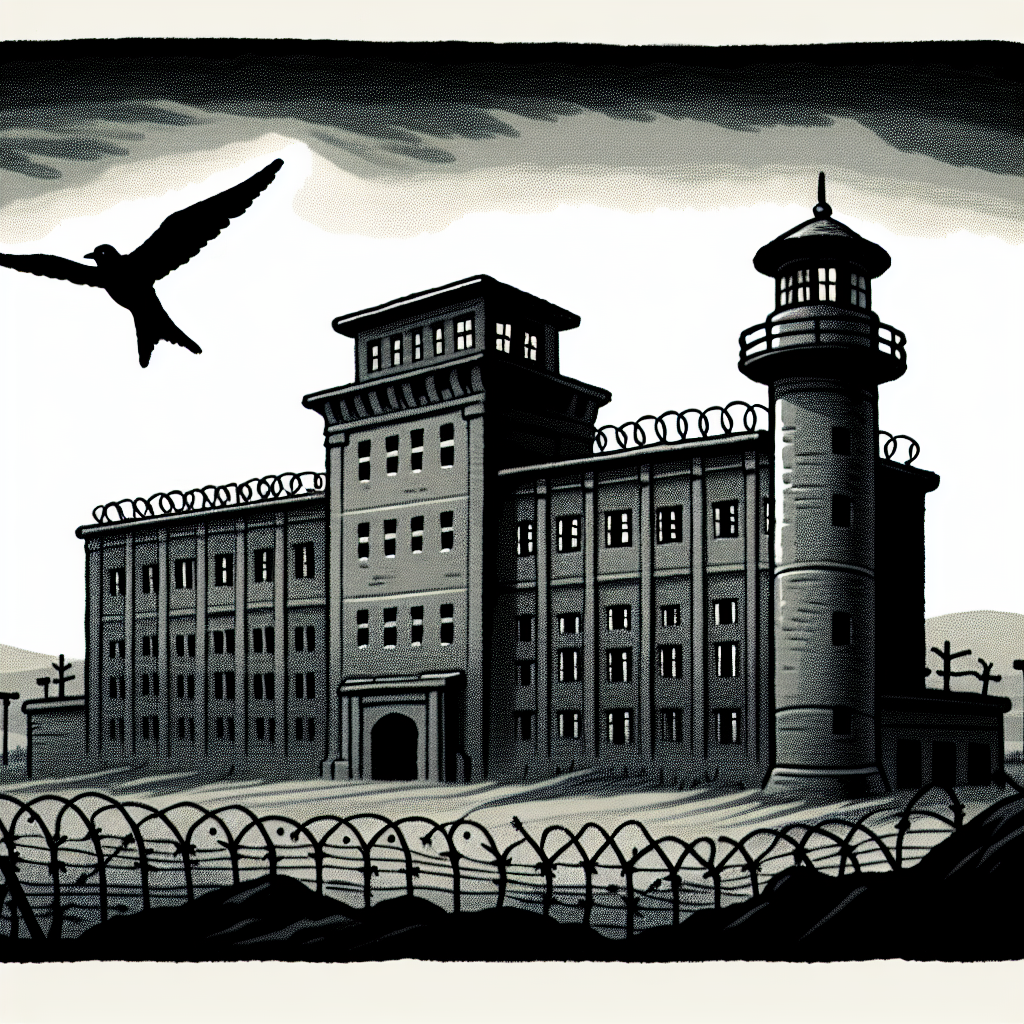UN Special Rapporteur Calls for Acquittal of Russian Theatre Artists Convicted of 'Justifying Terrorism'
“Artistic work is protected under international human rights law on freedom of speech and cultural expression,” Katzarova asserted.

The UN Special Rapporteur on Human Rights in Russia, Mariana Katzarova, has called for the acquittal of prominent theatre director Evgenia Berkovich and playwright Svetlana Petrychuk. Both women were sentenced to six years in prison on charges of “justifying terrorism,” a move widely criticized as an attack on freedom of expression.
Katzarova’s statement comes ahead of the Appellate Military Court’s hearing of their case, scheduled for 25 December 2024. “The prosecution of Berkovich and Petrychuk represents a direct attack on the right to freedom of expression and the role of culture in fostering critical dialogue,” Katzarova stated. “Russian authorities should overturn the conviction and acquit both Berkovich and Petrychuk.”
Cultural Expression Under Attack
The charges against Berkovich and Petrychuk stem from their artistic work, notably the play Finist, the Brave Falcon. This award-winning production critically examines extremist ideologies through the stories of Russian women who traveled to Syria to marry ISIS fighters. Despite its condemnation of terrorism, the play was used as evidence to convict the artists.
In 2020, Finist, the Brave Falcon received two Golden Mask Theatre Awards, Russia’s highest accolade in the arts, for best playwright and best costumes. Critics have lauded the play as a nuanced exploration of radicalization’s human cost.
However, the criminal case was reportedly initiated after theatre actor Vladimir Karpuk, now a prosecution witness, denounced the play for its perceived anti-war stance. Berkovich’s poetry, which openly criticized Russia’s war in Ukraine, is believed to be the true motive behind the charges.
Broader Crackdown on Dissent
Katzarova highlighted that the prosecution of Berkovich and Petrychuk reflects a broader pattern of repression in Russia targeting those who oppose the war in Ukraine or express dissenting opinions. Artists, writers, and cultural figures have faced censorship, imprisonment, and even torture, including sexual violence, for their work.
In her reports to the Human Rights Council and the General Assembly, Katzarova documented extensive abuses since Russia’s full-scale invasion of Ukraine in February 2022. These include the misuse of national security laws to suppress dissent and the erosion of judicial independence to target cultural figures.
“Artistic work is protected under international human rights law on freedom of speech and cultural expression,” Katzarova asserted. “Cultural figures have the right to express their ideas through art, including controversial or politically sensitive works, without fear of repercussions.”
Calls for International Solidarity
Human rights organizations have joined Katzarova in condemning the repression, urging international governments and institutions to advocate for the rights of Russian artists and cultural workers.
The sentencing of Berkovich and Petrychuk has drawn widespread international criticism, with prominent cultural figures and institutions worldwide voicing solidarity. The upcoming appellate hearing is seen as a critical test of Russia’s commitment to upholding its international human rights obligations.
“The conviction of these artists sends a chilling message to all who dare to think critically or create freely in Russia,” Katzarova warned. “The global community must demand their immediate release and stand firmly against the erosion of artistic freedom and human rights in Russia.”
- READ MORE ON:
- Mariana Katzarova
- Human Rights
- Russia
- Svetlana Petrychuk









